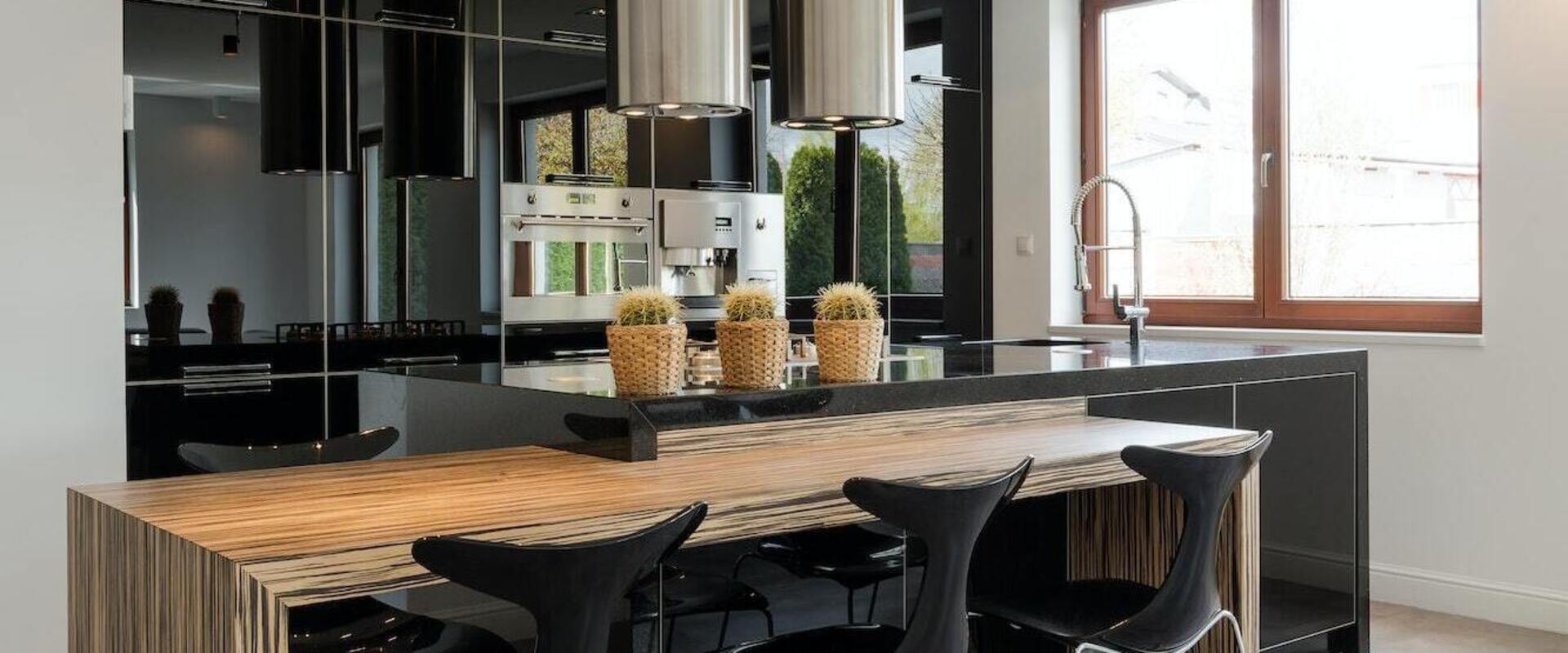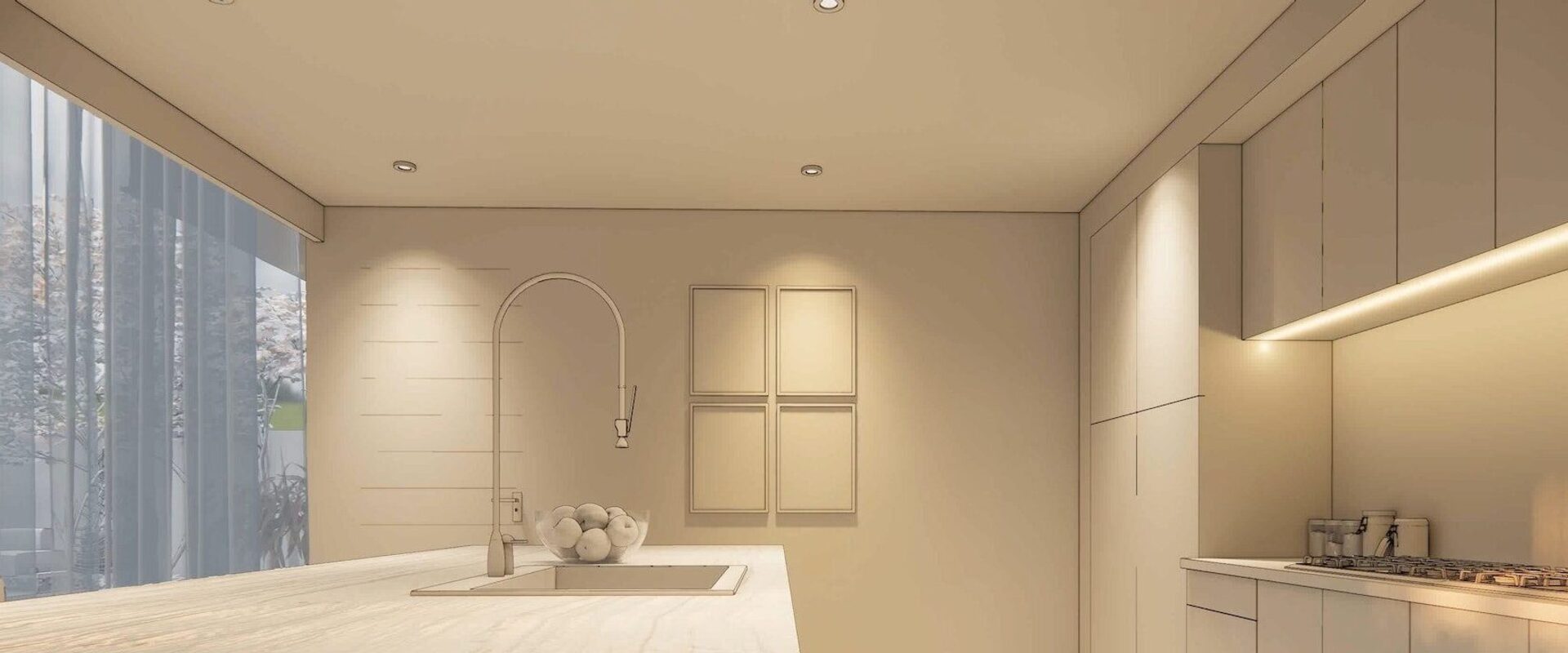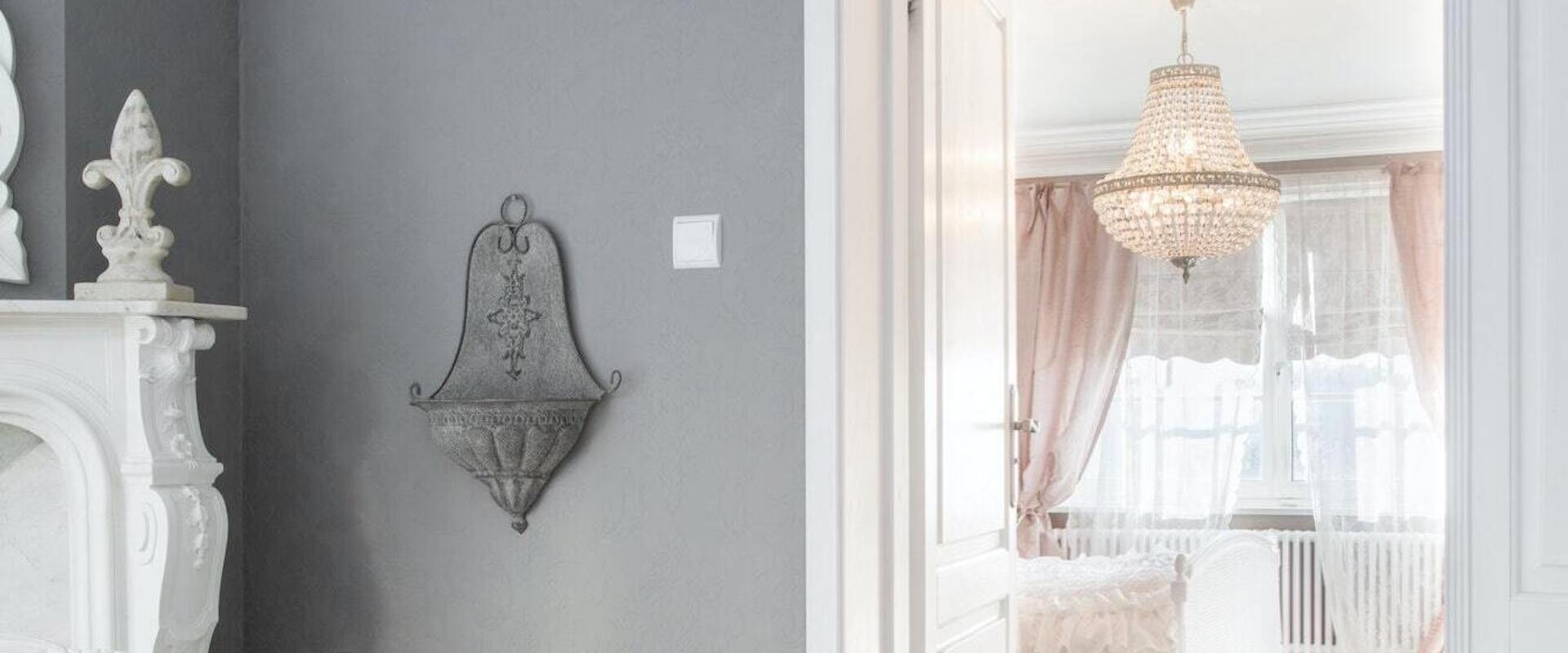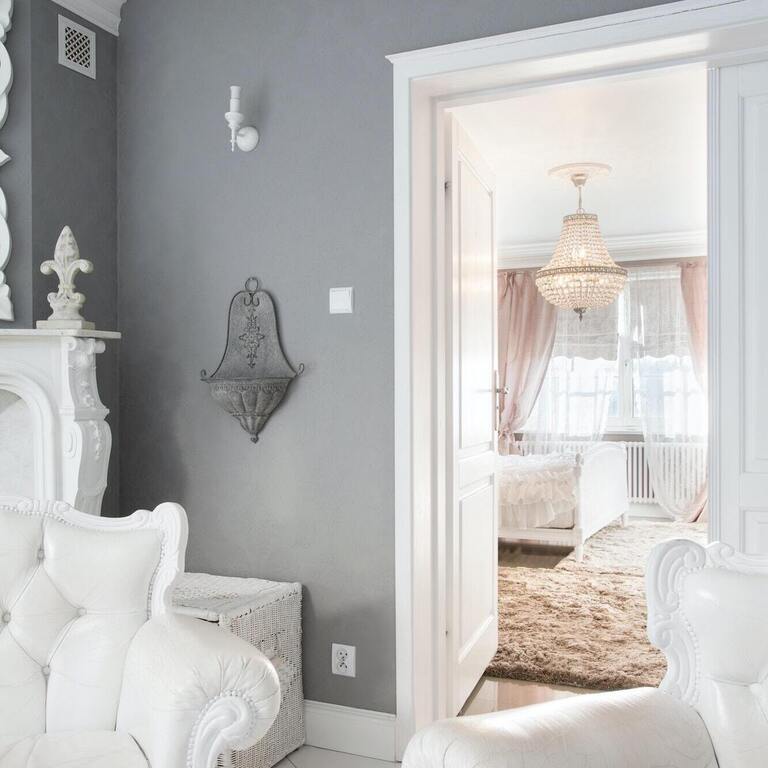What does HMO stand for?
HMO is an abbreviation for House in Multiple Occupation. It is also referred to as a ‘house share.
What is an HMO?
An HMO is a property that is rented to three or more people from two or more households. Two unrelated people living in the same house would not be granted HMO status.
How many people can live in an HMO?
It must be proportionate to the amount of available rooms, shared amenities, and any occupancy restrictions imposed by your local council. Overcrowding in your HMO may have a negative impact on the living conditions of those who live there.
Should I rent my HMO by room or as a whole house?
You could indeed rent your property by the room or as a whole property shared by a group. The choice is really dependent on the type of tenant you are looking for; professional sharers may move frequently and prefer the flexibility of a room let, whereas students typically rent in groups of four or more.
Do my HMO tenants have a lease or a license?
The majority of tenants in an HMO will have a lease, also recognised as an Assured Shorthold Tenancy (AST). You can create a single AST for a group of tenants who will all sign and be recognised as one tenant, or individual room ASTs. A licence gives a tenant fewer rights in the event of eviction and is usually only applicable if you are a live-in landlord and the tenant is a lodger.
Should I provide services (i.e. cleaning) in my HMO?
As part of your contract with the tenants, you could provide assistance such as cleaning or gardening. Be aware that if you have an AST agreement in place, the tenants have exclusive ownership of either their room or the entire property, and you must provide 24 hours notice before performing services.
Do I have an HMO if I live in the property too?
If you are a live-in landlord, you almost certainly have an Excluded Tenancy Agreement, also known as a Lodger’s Agreement. This means that you must give a reasonable notice of four weeks to evict a tenant, but no court order is required.
What’s an HMO license?
A local council will issue an HMO licence in order for them to know who is going to manage the HMO, how it will be run, and how many people live there. HMOs are subject to both mandatory and selective licencing, and you may not need a licence at all.
Do I need an HMO license?
If you meet the mandatory licensing criteria below, you will need to apply for a license.
- 5 or more people from 2 or more households
- It’s at last 3 storeys high
- The tenants share amenities like a kitchen, bathroom or toilet
Some city councils have selective licensing in place, usually to combat antisocial behaviour in a specific area, so check with them to see if you’ll need one.
What is an unlicensed HMO?
An unlicensed HMO is one that meets the minimal requirements but not the mandatory licencing requirements, and selective licencing is not enforced. Unlicensed HMOs are still HMOs, and the load – time must be met.
Who can get an HMO license?
HMO regulations state that a person must be ‘fit and proper’ to obtain an HMO licence. That is, they cannot have violated any legislation, housing laws, or landlord-tenant laws (i.e fraud, illegal eviction). The managing person’s proposals to run an HMO must be approved by the council
How much does an HMO license cost?
The cost of an HMO licence varies by council and is determined by the number of HMOs you operate. Prices for a single HMO start around £300 and can rise to over £1000 for a new application. Renewal fees are lower, starting at around £150, and discounts are frequently available if you renew the licence for more than one year or have multiple HMOs.
Can you buy an HMO license?
You cannot purchase an HMO licence unless you first submit an application to your local council. You must be deemed “fit and proper,” and the property must meet HMO regulations.
Can an HMO license be revoked?
If the local council believes there are safety concerns for the tenants, the HMO is not being run properly, or any rules and regulations are not being followed, the HMO licence can be revoked. If you are unsure whether you are in compliance with an HMO licence, you should contact your local council to clarify and make any necessary changes.
Can an HMO license be transferred?
An HMO licence cannot be moved from one property to another. A licence is only good for one property, not one person. If you own multiple HMOs, you must ensure that each one is properly licenced.
How much is the fine for not having an HMO license?
Unless you rent out an HMO property that is not licenced when it should be, you could face a £20,000 fine. Failure to comply with licence conditions on your HMO can result in a fine of up to £5000 per offence.
What are the room size requirements for an HMO?
Technically, there is no room size requirement for HMOs, but overcrowding standards are enforced under Part 10 of the Housing Act 1985. Adults must have a minimum room size of 6.5 square metres. A local government may make exceptions based on the number of available rooms and the size of shared facilities.
Do I need planning permission for an HMO?
If a residence changes from C3 (family dwelling) to C4 (HMO) after October 2010, no planning permission is required if there are fewer than 6 occupants. If there are more than 6 occupants, Sui Generis planning permission is required. Local governments can impose a directive for a specific area, so always double-check.
What are the HMO exemptions?
There are a few exemptions to a property being classed as an HMO
- Single-parent families include married couples, half-blood or step-relatives, and foster children.
- Domestic workers such as nannies, au pairs, caregivers, nurses, and personal assistants are included.
- Migrants, seasonal workers and asylum seekers
How much does it cost to run an HMO?
You will need to consider these costs of running an HMO:
- HMO LICENSE FEE
- ADVERTISING
- PAPERWORK FEES
- MANAGEMENT FEES
- REPAIRS AND MAINTENANCE
- INCOME TAX
What type of tenancy agreement do I need for an HMO?
For an HMO, you will most likely use an AST, or Assured Shorthold Tenancy agreement. An AST can be used for individuals or groups. You can use a lodger’s agreement instead of an AST if you have a lodger.
Are HMO’s profitable?
HMOs can be very profitable because you can impose a higher rent per room than if you rented the property to a single household. For example, you could rent a three-bedroom house to a family for £1000 per month, or three rooms for £400 each, for a total of £1200.
What are the advantages to an HMO?
According to reports, one major advantage of HMOs is that they are far more profitable than residential rentals. Renting a four-bedroom house by room can result in a higher rent than renting the entire property to a household.
What are the HMO regulations?
The HMO regulations are listed below, and apply to all HMO’s regardless of whether they are subject to mandatory or selective licensing:
- Provide the property manager’s contact information to the tenants and segments it throughout the property.
- Ensure that all fire exits are clear and that fire safety measures appropriate to the number of occupants are in place.
- Maintain an adequate supply of water and drainage system.
- Maintain the safety of your electric and gas installations.
- Every 5 years, perform an electrical inspection.
- Provide gas and electrical certificates within 7 days of a local authority request.
- Maintain the safety and functionality of all common parts.
- Maintain the safety and functionality of all common parts.
Do I need an EPC for my HMO?
You will not need an EPC if you let your HMO by the room. If you rent out the entire house on a single tenancy agreement, you must provide the tenants with a copy of the EPC before they move in.
Do HMO’s need a Fire Risk Assessment carried out?
You are not required to conduct a Fire Risk Assessment, but it is strongly recommended that you do. As the landlord, you are responsible for your tenants’ safety and must ensure that the property is fully protected against fire.
Do HMO’s need fire extinguishers?
Although there is no legal obligation provide the fire extinguishers or firefighting equipment in an HMO, the assessor who performs a FRA on the estate may advise you to do so. It is critical that if you do provide them, you provide specific instructions on that when and how to use them.
Do I need smoke detectors in my HMO?
Yes, if you have a non – licensed HMO, you must install smoke alarms on every liveable floor and make sure they work before tenants move in. As part of their licence, licenced HMOs may be subject to stricter rules.
Do I need a gas safety certificate for my HMO?
Every year, you must conduct a gas safety inspection in your HMO and provide copies of the certificate to your tenants.
Do HMO’s need fire doors?
There is no legal requirement for fire doors to be installed in your HMO, but if your HMO requires a licence, the local authority may require this depending on the circumstances. Because of the higher occupancy levels in an HMO, fire safety is critical, and it is recommended to make the house as fire-safe as possible.
Do I need to protect tenant’s deposit in an HMO?
You must safeguard any deposits given if you rent an HMO by the house or to a group. You will not need to protect a deposit if you have a lodger. Once the deposit is registered, you must provide the certificate and the prescribed information to your tenants.
What does HHSRS mean?
HHSRS is an abbreviation for Housing Health and Safety Rating System. It assigns a hazard rating to a property based on four key factors: psychological, physiological, fall protection, and infection protection.
How do I serve notice on my HMO tenants?
You can serve notice on tenants in your HMO in the same way that you would in a residential rental agreement by serving a Section 8 or Section 21 notice: this applies only if they have an Assured Shorthold Tenancy. If they are a lodger, you can give them at least four weeks’ notice.








